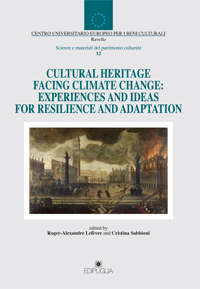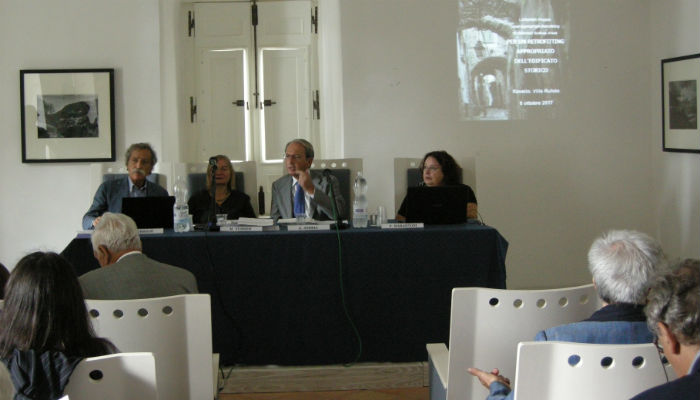In regions regularly touched by earthquakes the surviving Historical Built-up Areas contain, necessarily, some seismic-proof features. However, as usually the traditional techniques are considered outdated, often the historical buildings are reinforced by using modern techniques and materials. Yet, some recent Italian earthquakes (Umbria-Marche 1997, L'Aquila 2009, Amatrice 2016) showed very clearly that these "reinforcements" (for instance rigid floors) ended up increasing the Historical Built-up Areas vulnerability.
In the framework of the EUR-OPA Project Local Appropriate Retrofitting of Historical Built-up Areas specialised centres from four countries (Greece, Morocco, Portugal and Italy) looked into the topic of the reconstruction of historical centres damaged by recent earthquakes and also in the national seismic codes in order to come up with Guidelines for Local Appropriate Retrofitting of Historical Built-up Areas.
A Workshop, organised on Friday 6 October 2017 in the Centro Universitario Europeo per i Beni Culturali, Villa Ruffolo, Ravello, Italy, will present the project results and Guidelines on Local Appropriate Retrofitting of Historical Built-up Areas, as well as a special issue of the magazine Territori della Cultura on “Terremoti, edificato esistente, protezione dei Beni Culturali”.
A Roundtable will bring together experts to exchange on “the historical built up: a data base for the future”.





